Whole foods are foods that are unprocessed and unrefined, or as close to their natural form as possible. These include fruits, vegetables, whole grains, legumes, nuts, and seeds.
In contrast, processed foods are foods that have been altered from their natural state in some way. This includes adding or removing certain components, such as fat or sugar. Processing can also refer to cooking or preparing food in a certain way, such as grilling or frying but in this blog post, I’m not talking about simple cooked foods.
There are many reasons why whole foods are better than processed ones. For one, whole foods tend to be more nutrient-dense than processed ones. This means that they provide more vitamins, minerals, and antioxidants per calorie than processed foods. Let’s dive into it!
The importance of whole foods rich in vitamins and minerals.
Eating whole nutrient-rich foods is paramount to achieving optimal health. By eating a diet full of whole foods, you can lose weight easily and feel your best. Such benefits include improved energy levels, reduced inflammation, better digestion, and more stable blood sugar levels.
Whether you’re looking to lose fat or simply improve your overall health, incorporating more whole foods into your diet is the way to go. Start by replacing processed snacks with wholesome fruits and nuts, switching from refined grains like white bread to their whole counterparts such as brown rice, and increasing your intake of leafy greens and other nutrient-rich veggies. With these simple changes, you’ll feel better than ever and be on the path to optimal health!
Eat processed foods from the shop in moderation!
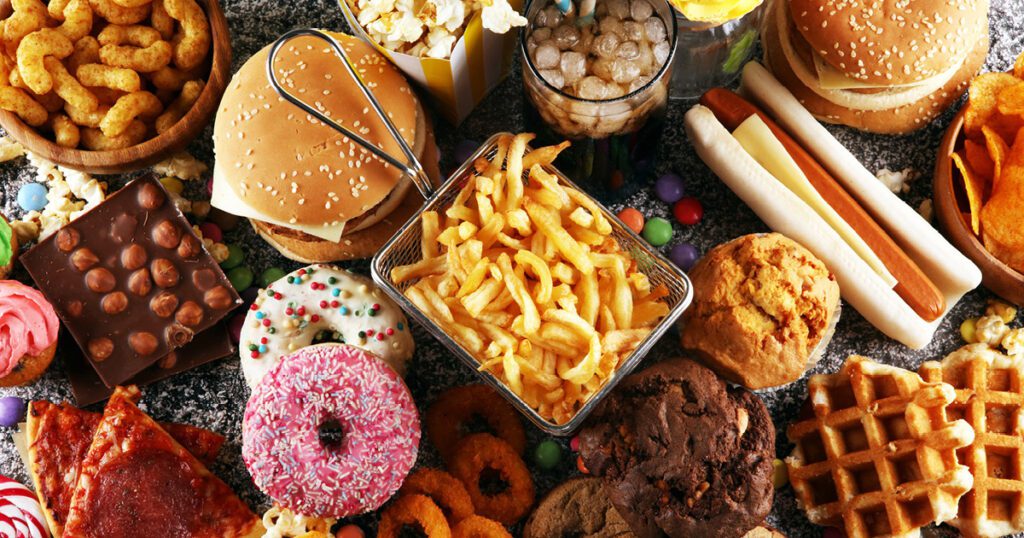
Processed foods tend to be high in sugar and fat while being low in micronutrients. They also often contain chemicals and preservatives that can be harmful to your health if consumed in large quantities.
Moderation is key when it comes to processed foods! Enjoy them occasionally, but make sure to focus on eating whole, unprocessed foods most of the time for optimal health.
These include fruits, vegetables, lean meats, and healthy fats like olive oil and avocados.
An easy way to control the quantity and stay on the right track is to apply the 80/20 diet rule. It stands for eating the best we can for 80% of the time and in the rest 20% of the time allow ourselves to eat whatever we like by keeping in mind the calorie count.
By filling your diet with nutritious whole foods, you can lose fat easier and keep your energy levels high throughout the day.
So the next time you’re in the grocery store or at a restaurant, be mindful of what you’re choosing to put on your plate – processed foods might seem convenient, but they could be doing more harm than good!
Conclusion
Eating whole foods is important for optimal health and can help you lose weight easily.
Processed foods, on the other hand, are high in sugar and fat while being low in micronutrients. They also often contain chemicals and preservatives that can be harmful to your health if consumed in large quantities.
Moderation is key when it comes to processed foods! Enjoy them occasionally, but make sure to focus on eating whole, unprocessed foods most of the time for optimal health.
These include fruits, vegetables, lean meats, and healthy fats like olive oil and avocados. By filling your diet with these nutritious whole foods, you can lose fat easier and keep your energy levels high throughout the day.
And don’t forget about the 80/20 rule when it comes to selecting your food.
I hope this article motivates you to make the right decision when it comes to picking a meal!
Thank you for reading!

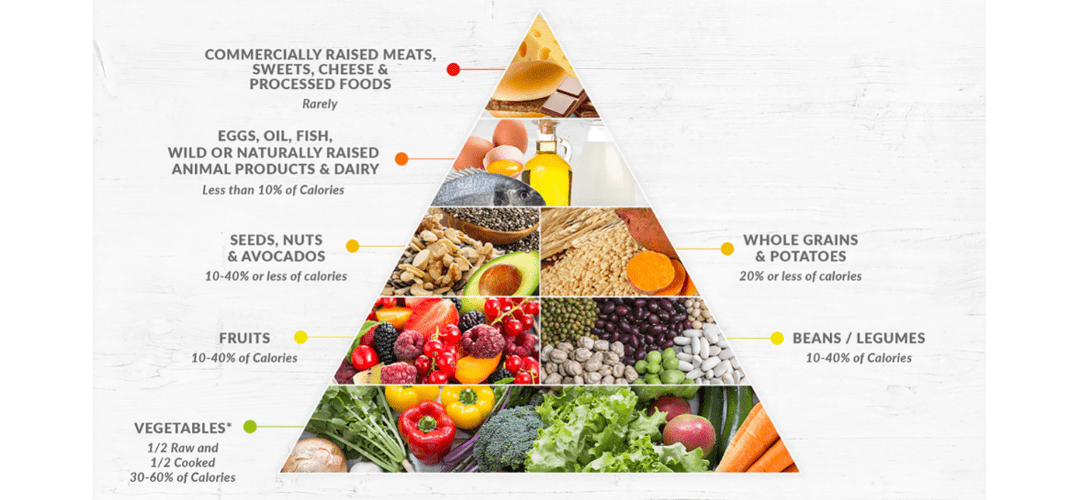

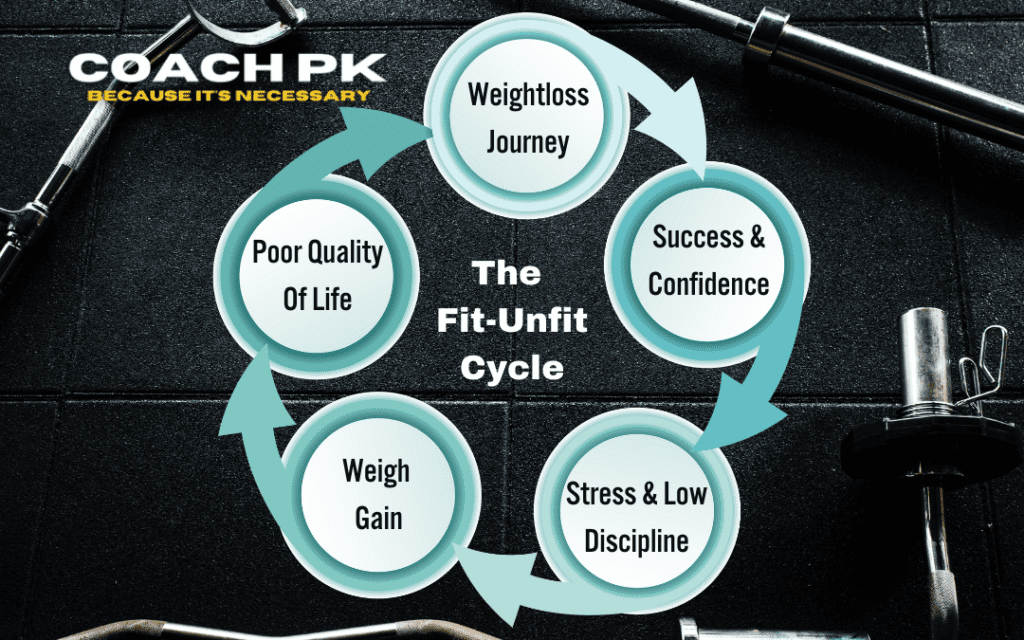


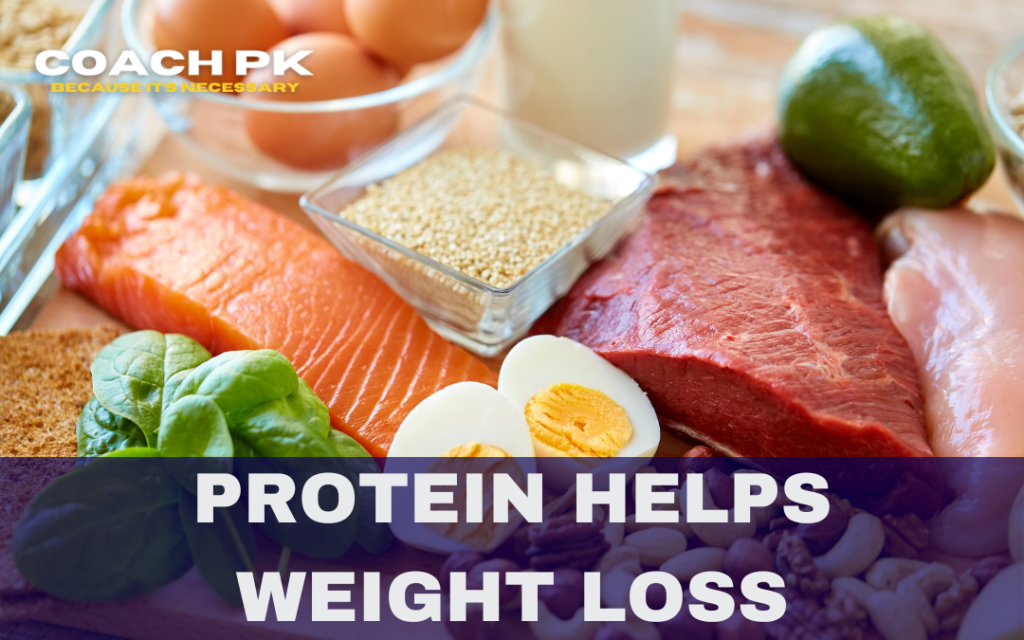
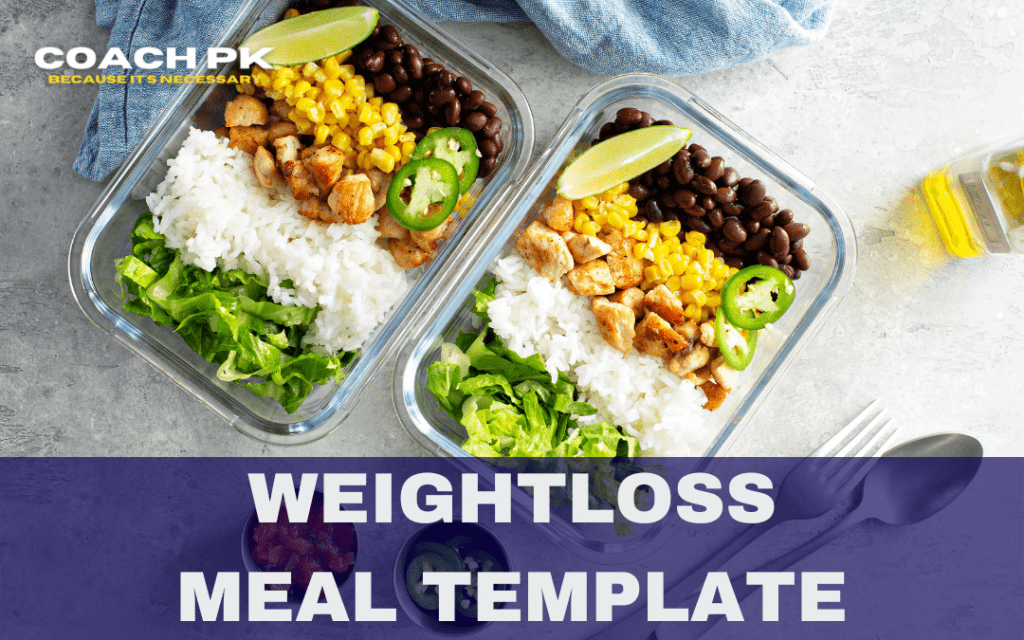
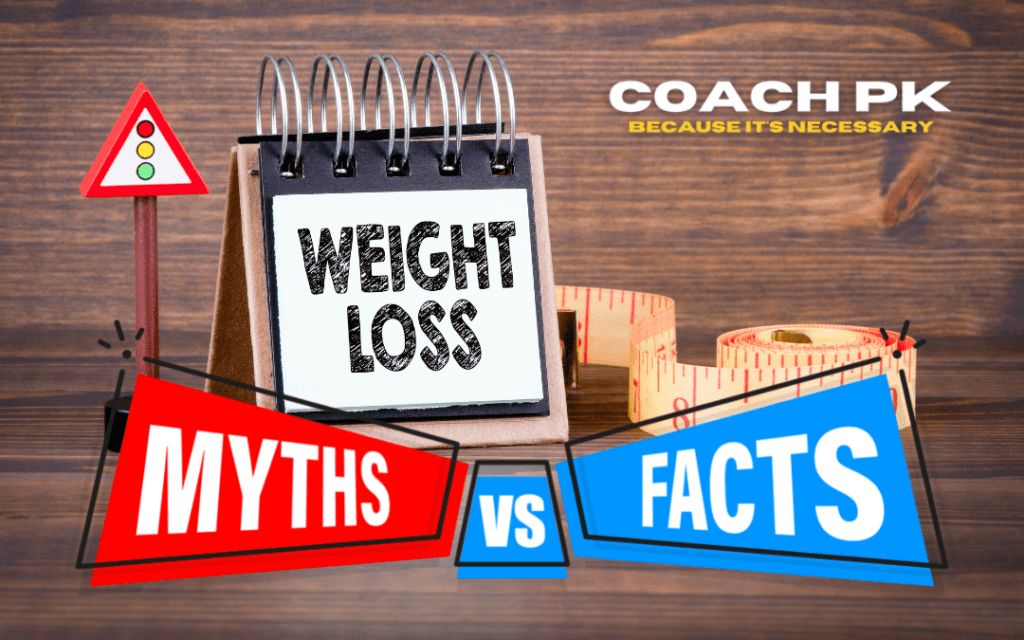


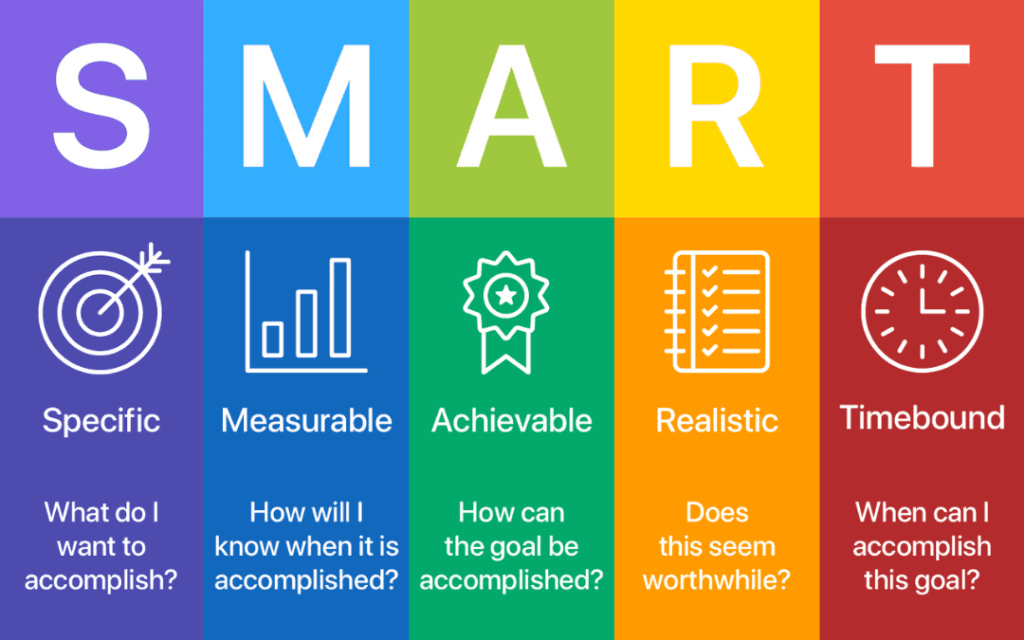
This is the perfect blog for anyone who wishes to find out about this topic. You understand so much its almost hard to argue with you (not that I actually would want toÖHaHa). You definitely put a brand new spin on a topic that has been discussed for many years. Excellent stuff, just great!